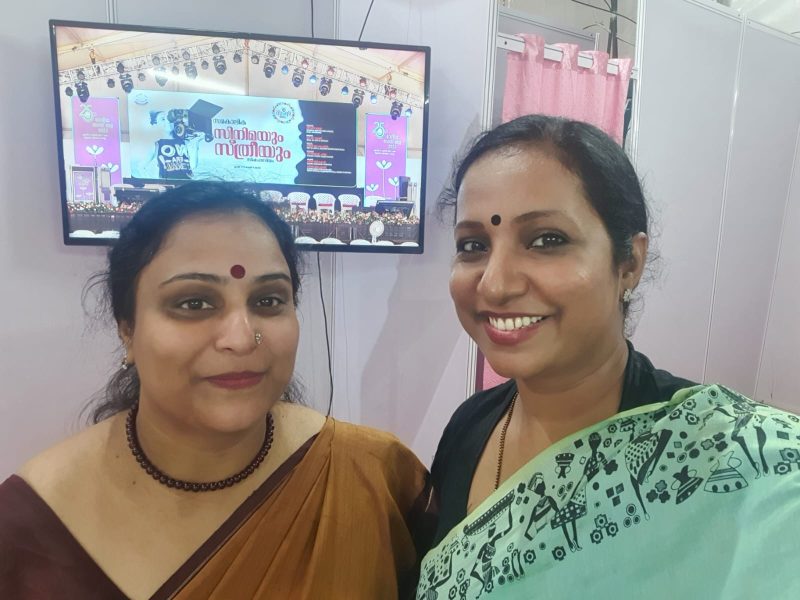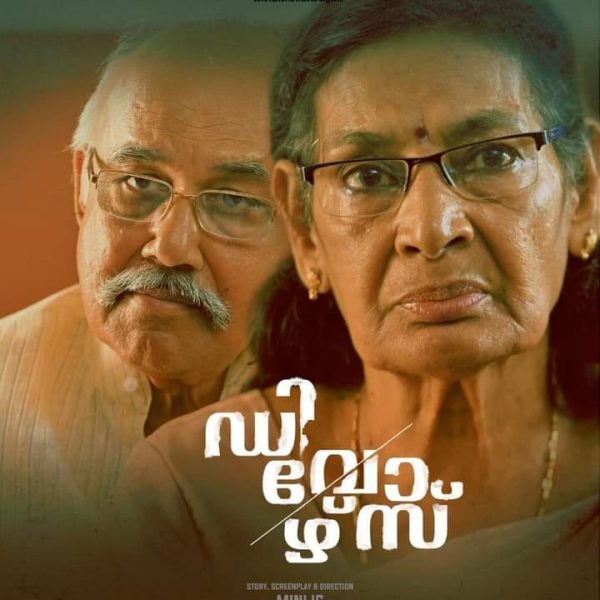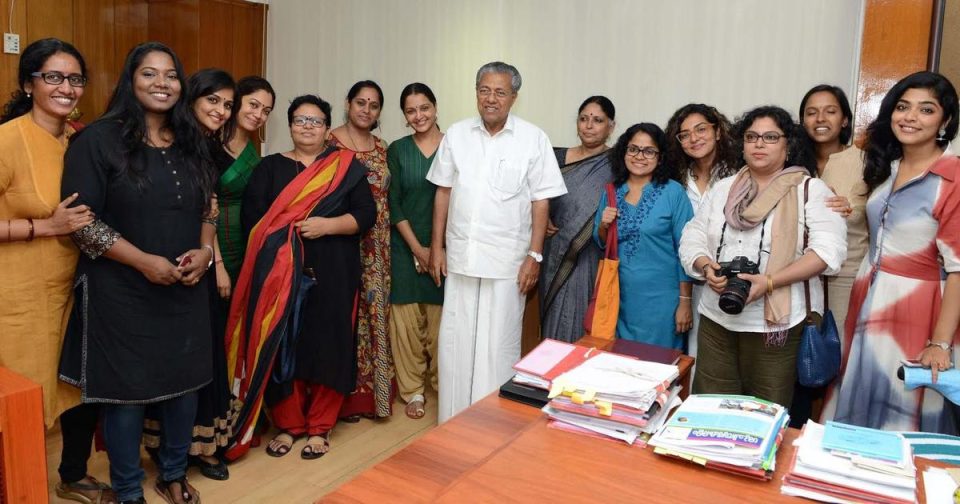
Kerala film body KSFDC under fire for impeding Films Directed by Women

The Kerala government’s flagship initiative, Films Directed by Women, which aims to promote young female directors by highlighting their cinematic talents, has produced four films, with the latest one, Nila directed by Indu Lakshmi, hitting the screens on August 4. However, the project has come under severe criticism from the directors.
The government had announced a financial package of Rs 1.5 crore for each of the two selected women in a year to make their ambitious film projects in order to strengthen the presence of female directors in Malayalam film industry. The initiative is rolled out by the Kerala State Film Development Corporation (KSFDC), the country’s first public-sector corporation for film development.
Filmmakers’ grievances
The project, Films Directed by Women, was first announced in the Kerala state budget of 2019 presented by the then finance minister TM Thomas Isaac. “(The) emergence of a women collective has been an important turning point in the struggle for gender equality in the Malayalam film world. Kerala budget provides for a special scheme to financially support women filmmakers,” tweeted Isaac after the presentation of his budget.
Implemented during the 2019-20 period through Kerala State Film Development Corporation (KSFDC), the first film by this initiative was Nishiddho, directed by Tara Ramanujan. Nishiddho, which released on November 11 last year, garnered recognition and was selected for several domestic and international film festivals, including NYIFF (New York), BIFFES (Bengaluru), KIFF (Kolkata), DIFF (Dhaka), and NGIFF (Frankfurt/Koln). It was awarded the best film at Ottawa Indian Film Festival, Canada, and also won the best Indian director award at International Film Festival of Kerala and the second-best film at Kerala State Film Awards 2022. The second one was Divorce, directed by Mini IG, which released on February 24 this year, and the third movie, B 32 Muthal 44 Vare, directed by Shruthi Sharanyam, was released in April 2023.

Two filmmakers have voiced major grievances against the corporation and its chairman, acclaimed filmmaker Shaji N Karun. According to Indu Lakshmi and Mini IG, the red-tape, coupled with the ‘feudal mindset’ of the KSFDC authorities, are turning out to be major hindrances for women filmmakers.
“Chairman showed no sensitivity”
On the day of the release of Nila, Lakshmi might have heaved a sigh of relief that she managed to get her directorial debut on screens. The film has been released on 56 screens across the state. Days before the release, she had openly criticised the KSFDC for causing delay in granting the essential approvals required for the film’s marketing and other promotional endeavours. In an interview to The Federal, she said that the chairman of the KSFDC, Shaji N. Karun, a filmmaker with international reputation, cannot shy away from the responsibility.
Also read: Guns & Gulaabs: Raj & DK’s first Netflix series, ode to ’90s Bollywood, drops on August 18
“The chairman has the responsibility of what the corporation is doing as the decisions are made with his approval. We had the trust that he would take care of our issues as a filmmaker, but that was not the case. When I emailed him, briefing the problems I was facing with the KSFDC, his reply was not to drag him into it,” said Lakshmi.
“Even when we met him in person, he did not show any sensitivity. I met him more than five times in connection with the problems faced during the production of the film, but he did not even listen to us, let alone provide any resolution. Finally, I requested him to watch the movie and give a comment as a senior filmmaker, but he did not care to. Instead, he made it clear that he would not watch any of these films produced under the project,” added a dejected Lakshmi.

According to Lakshmi, there was deliberate delay in disbursing the already allocated funds. The selection of technicians and teams for various departments were delayed inordinately, and deliberately as well. “The line producer assigned to our project was a former producer with a bad reputation in the industry and it was his first film as line producer,” she said. It was only after the director lodged a complaint with the department of culture and cinema that things got back on track and she is grateful to the Minister for Culture Saji Cheriyan and Mini Antony, the secretary of the Cultural Affairs department.
The experience of Mini IG, the director of Divorce, also mirrors a similar situation. Although she completed filming her movie before anyone else, she wasn’t able to be the first one to release her film as part of the women’s film project. “Indeed, after concluding my film in 2022, a release date was fixed. However, that schedule was delayed, and unexpectedly, Nishiddho was released before mine. The explanation provided was that Nishiddho had been chosen for various festivals and had garnered significant critical acclaim, including some awards. Regrettably, we didn’t receive any assistance for submitting our film to festivals, nor did the corporation show any initiative in that regard. This situation struck me as biased, and I voiced my concerns, which unfortunately led to the authorities responding with a form of retaliation towards me and my film,” Mini told The Federal.
She, too, faced a similar ordeal as Lakshmi, with her team receiving absolutely no help from the authorities, particularly the KSFDC officials. “This is a visionary project of the government. We can understand the delay in government procedure. But it was not just the delay, they did not even allow any flexibility in the budget. The budget was so inflexible that we couldn’t reallocate funds to different expense categories. Besides, no one, including the chairman, expressed any interest in providing any insight. When asked, the chairman once even said that the government has mandated them only to produce the films, not to release it,” Mini said.
Inadequate marketing
After their initial release, there is no information about the OTT availability of these films. In the meantime, the government had another ambitious project to launch, the first state-owned OTT platform named C Space. It was slated to be on air by November 1, 2022 but is yet to be materialised.

Three of the films that were launched as part of the project didn’t receive favourable theatre response, primarily due to inadequate marketing and distribution approaches. In contrast, Nishiddho gained access to some festivals, while B 32 muthal 44 Vare was shown by various film groups throughout the state. Divorce also secured screenings at some of these film clubs. However, all these film makers are now eagerly anticipating the commencement of operations at C-Space, though the exact timeline remains uncertain. Meanwhile, Victoria, directed by Sivaranjini J., and Mumtha, helmed by Farzana P., have been chosen for this year’s production under this category.
The films, Ariku by V S Sanoj and Pirathi by Arun J Mohan, which were selected under a similar project for the Scheduled Caste and Scheduled Tribe filmmakers in 2021, are yet to be released. Two more films — Pralayasesham Oru Jalakanyaka, to be directed by Manoj Kumar C.S., and Kaadu by Suneesh Vadakkumpadan — are waiting in the pipeline in this category.
Efforts were made by The Federal to contact Saji Cheriyan, the minister for cultural affairs and cinema, as well as Shaji N. Karun, the chairman of the KSFDC, in order to obtain their responses regarding this matter. Neither of them has provided a response as of now. The article will be revised once they reply to the correspondence sent to them.


